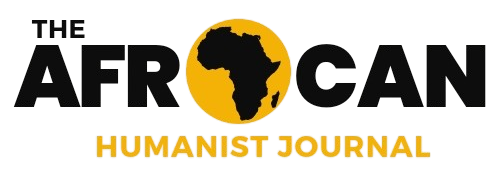Crime and punishment in East Africa today is shaped by an uneasy mix of increasing criminal activity, entrenched state power, and new efforts to reform both law and enforcement.
Kenya, which is at the top of the region’s crime rankings, saw a sharp rise in organised offences such as human trafficking, cybercrime, arms smuggling, and narcotics trade. According to the Africa Organised Crime Index, Kenya scored 7.02 which was above any other country in East Africa, and behind just a few African states. This surge is linked to shadowy networks often supported by corrupt or powerful individuals, making prosecution harder.
In response, Kenya has begun to adapt its criminal‑justice system. A landmark High Court ruling in January 2025 declared it unconstitutional to criminalise attempted suicide, recognising mental health needs instead of punishment. Meanwhile, the Supreme Court upheld mandatory minimum sentences for sexual offences to ensure consistent justice for survivors.
Yet serious crimes continue. On 23 March 2025, Al-Shabaab fighters struck a police reservist camp in Garissa, Kenya, killing six police officers and injuring others. And two men were recently convicted in Nairobi for aiding the 2019 DusitD2 terrorist attack by providing finance and fake documents for the killers and will face lengthy prison terms.
Meanwhile Isaac Khanga, convicted of armed robbery of mobile phones in the slums Kibera, received a death sentence. This clearly reflects Kenya’s retentionist stance on capital punishment for violent crimes.
Rights groups continue to raise alarms. The East African Law Society has condemned widespread abductions, enforced disappearances, torture and extrajudicial killings in Kenya, Uganda and Tanzania, particularly targeting activists and dissidents. Over eighty abductions were reported in Kenya alone since mid‑2024.
The deaths of protest movements and activists have also drawn attention. Teacher‑blogger Albert Ojwang died in police custody in June, reportedly of assault injuries rather than suicide. In the aftermath, six individuals, including three police officers, were formally charged with murder; a rare instance of accountability. At the same time, activist Boniface Mwangi was arrested and charged with unlawful possession of tear‑gas canisters and a blank round. This illustrates the uneasy boundary between dissent and criminality in the charged atmosphere of youth‑led protests. He was, however, freed on bail.
In contrast, Tanzania has passed tough new amendments to its anti‑human‑trafficking law, establishing minimum sentences of 30 years and fines up to TSh 200 million (about US $86,000) to deter and punish organisers of trafficking networks.
East Africa is wrestling with a complex mixture of modern organised crime, state violence, evolving legal norms, and citizens’ demands for justice. While tough penalties are common, especially for terrorism, robbery or rape, there is also a growing push to reform outdated laws and safeguard human rights. The balance between crime prevention, fair punishment, and protection of civil liberties remains a critical battleground across the region.
By Tom Onyango


